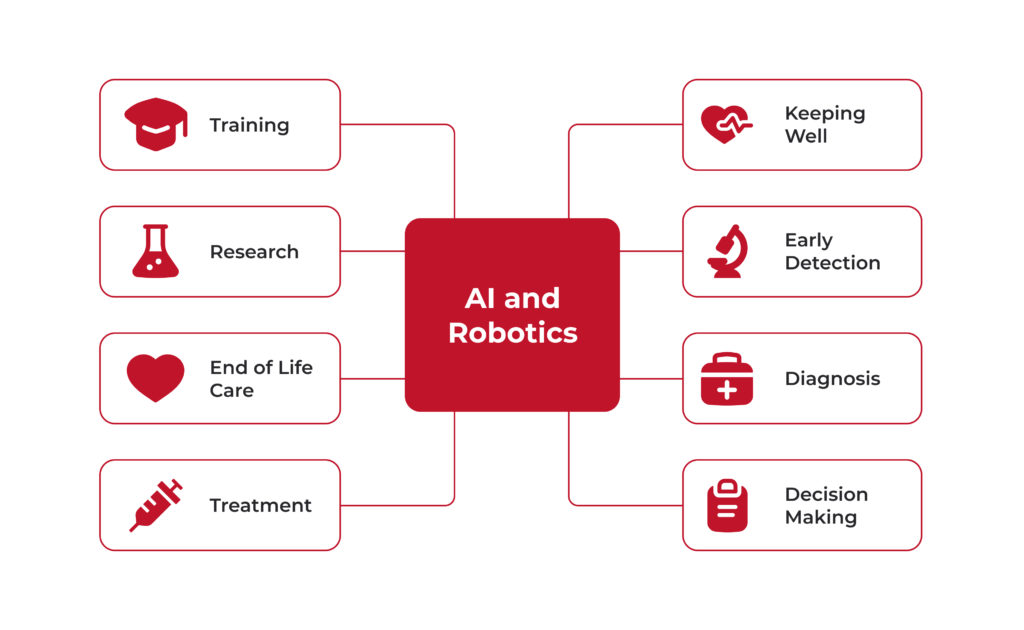
AI in Medicine: A New Frontier
=====================================================
The collaboration between Yale researchers from the Laboratory for Intelligent Global Health and Humanitarian Response Technologies (LiGHT) at the Section of Biomedical Informatics and Data Science, EPFL, and the International Committee of the Red Cross has led to the development of Meditron, currently the world’s best-performing open-source large language model (LLM) for medicine. This remarkable achievement has been recognized in the 2024 AI Index Report released by the Stanford Institute for Human-Centered Artificial Intelligence.
“With so many start-ups using open models like Meditron as a base, venture capital and donors should recognize the value of investing in academia to create ambitiously rigorous and cost-effective development of large-scale artificial intelligence,” said Mary-Anne Hartley, MD, PhD, MPH, Assistant Professor of Biomedical Informatics and Data Science and director of LiGHT.
Meditron’s Impact on Medical Information
Meditron is adapted from Meta’s Llama 2 model and is open source, meaning that its underlying code is available for the public to evaluate and adapt. This has led to its widespread adoption, with over 30,000 downloads within the first three months of its launch. The potential of Meditron lies in its ability to compress complex medical information into a conversational interface, making high-quality medical information more accessible, especially in resource-limited settings.
 Medical AI is revolutionizing healthcare
Medical AI is revolutionizing healthcare
The AI Index Report
The AI Index Report is recognized as a global leader in AI insight and has been cited by policymakers, the New York Times, and hundreds of academic publications. The inclusion of Meditron in this report is a testament to the model’s capabilities and its potential to transform the medical field.
The AI Index Report is a leading authority on AI
The Future of Medical AI
The development of Meditron marks a significant milestone in the application of AI in medicine. As the model continues to evolve, it is essential to recognize the value of investing in academia to create ambitious and rigorous development of large-scale artificial intelligence. This collaborative effort between Yale, EPFL, and the International Committee of the Red Cross is a shining example of the power of academia in driving innovation and improving lives.
 The future of medical AI is bright
The future of medical AI is bright













